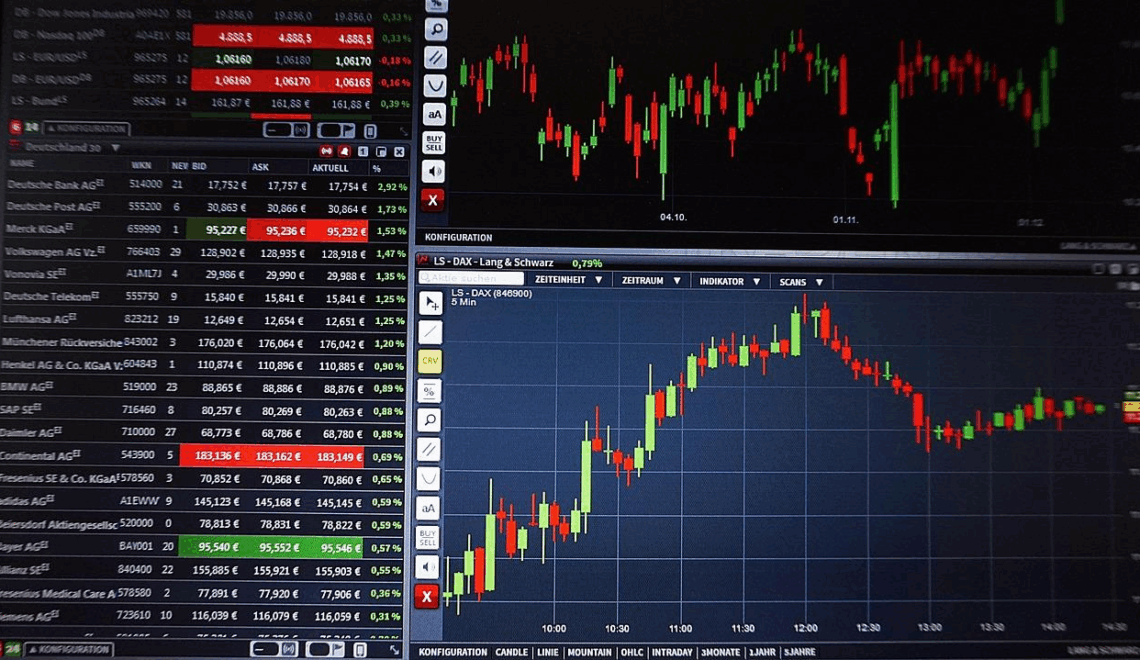
Geopolitical events, natural calamities, and international tensions are just a few events that can have a serious impact on the currency markets. As a matter of fact, a massive part of the potential value of a currency is derived from the financial strength of a nation, which is why any unforeseen uncertainty in future financial forecasts might typically not work in the favor of that nation’s currency.
With that said, it can be incredibly hard to predict the unseen future, especially when it comes to the forex market; however, staying informed about global events can prove a useful strategy for successful trading.
Global Events and Forex Market – An Overview
The forex market is the biggest and most active global financial market where, every day, traders from all over the world engage in foreign exchange transactions. Global events that could be happening in any corner of the world can immediately impact the exchange rates and values due to the interconnectedness of the global forex marketplace.
The value of a currency is determined by the financial strengths of a country, which is why any uncertainty can negatively affect its value.
Geopolitical Events and the Forex Market
Geopolitical events, such as international tensions, wars, and sudden shifts in government policies, can have a massive impact on the foreign exchange market to the point of causing market disruption, financial fluctuations, and supply chain problems, all of which can result in serious trading risks.
It would not be wrong to state that geopolitical factors have the most effect on forex trading in several ways. For instance, in the case of geopolitical turmoil, it can lead to government instability, which can make forex investors look for safer currencies. Geopolitical tensions can actually negatively affect the potential worth of a currency.
Natural Disasters and the Forex Market
Apart from geopolitical events, the forex market is also incredibly vulnerable to natural disasters in several aspects. For instance, when earthquakes occur, they can negatively affect the economy of the affected area by increasing the costs of recovery and simultaneously decreasing the currency value of the affected nation.
Usually, the period that follows natural disasters carries high volatility and risk aversion, which instigates investors to look for safer currencies in search of safer hedges. Besides, natural disasters can impact a nation’s investment and trade position, which can also lead to currency instabilities.
War and the Forex Market
Undoubtedly, a war can instigate a series of significant financial shocks, including a decrease in productivity, loss of assets, and unfavorable military costs that instigate spending, and thus decrease the value of the currency of the affected countries that are at war. Due to serious international conflicts, forex investors are typically reluctant to invest in or maintain assets that are at high risk due to war, which devalues the currencies of those countries that are involved in war.
More importantly, wars can seriously distort trade and investment, which is why countries at war with each other end up getting less trade and investment, which subsequently causes a devaluation of their currencies.










